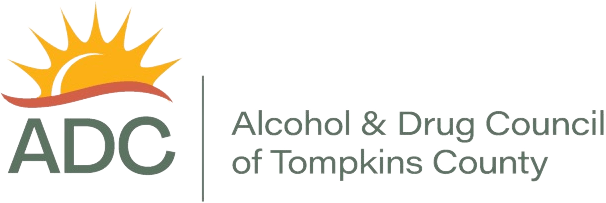The following message of #WeeklyWisdom is brought to you by Moira McJury of Alcohol & Drug Council and Katrina Clark of the Advocacy Center, proud partners of the Community Coalition for Healthy Youth.
The last several weeks of peaceful protests and activism have, in many ways, been a productive step forward towards equity and anti-racist change. However, periods of increased activism like this are often followed by the experience of “burnout.” Much work still lies ahead, and we have a long way to go in this work, making the possibility of experiencing burnout likely for many.
While burnout may be a universal phenomenon, our social identities influence how it is experienced. In anti-racism work, for example, white allies have the privilege of taking a step back to recharge, whereas BIPOC individuals may not. Furthermore, as JR Thorpe notes, “this exhaustion is not new, particularly for Black people and non-Black people of color who have been fighting against racist systems since the inception of the country” (find link to full article below). To gain more nuanced understanding of how burnout operates differently for activists with privileged identities versus activists with marginalized identities, check out this study.
To clarify, burnout is a state of emotional, physical, and mental exhaustion caused by excessive and prolonged stress. It occurs when you feel overwhelmed, emotionally drained, and unable to meet constant demands. Patrisse Cullors, co-founder of the Black Lives Matter movement, shares about navigating burnout and combating the “myth of the tireless activist” in this article from 2019.
It is quite common for burnout to occur after long periods of protesting and activism. As such, it is incredibly important to take steps to prevent burnout.
Try using the “three Rs” approach:
Recognize– Watch for the warning signs of burnout. Burnout can have physical, emotional, and behavioral symptoms. Visit https://bit.ly/3ijlqW5 for more information on symptoms and what to look for.
Reverse– Undo the damage by seeking support and managing stress. Seek out the positive, caring people in your life for support.
Resilience– Build your resilience to stress by taking care of your physical, emotional, and mental health. Prioritizing sleep, healthy eating, and exercise when possible can be beneficial in supporting these areas of help.
For more information on handling emotional burnout as you keep pushing for anti-racist change, visit https://bit.ly/3ijFec3
Unfortunately, many periods of activism waiver after media hype dies down. Being aware of, and avoiding, burnout can help prevent this and allow activists to continue anti-racism work and sustain the social movement. For more resources and continuing education and anti-racism work, visit: https://bit.ly/3gl7tp4
